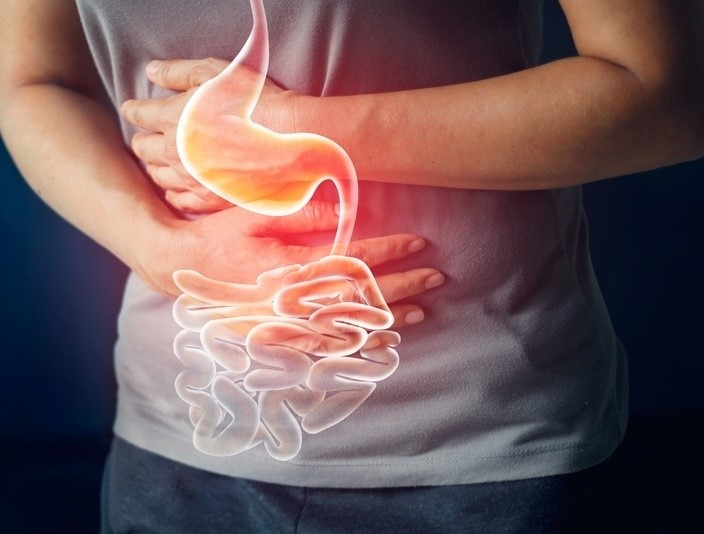
Peptic ulcer, often caused by Helicobacter pylori
A peptic ulcer is a lesion in the lining of the stomach or duodenum, the first part of the small intestine
It is the most common form of ulcer, the presence of which is often linked to Helicobacter pylori, a germ responsible for inflammation in the stomach.
Peptic ulcers are the most common form of ulcer, duodenal ulcers can affect older people, and gastric ulcers affect older people.
What are the causes of peptic ulcers?
The discovery of Helicobacter pylori in the 1980s was fundamental to a better understanding of this disease.
It is this germ that is mainly responsible for peptic ulcers; its presence is also linked to gastritis and stomach cancer.
It is estimated that 70% of gastric ulcers are linked to the presence of this bacterium and that more than 90% of duodenal ulcers are due to infection by this bacterium.
On the other hand, 5% of duodenal ulcers and 15-20% of gastric ulcers are due to regular intake of non-steroidal anti-inflammatory drugs.
Zollinger-Ellison syndrome, characterised by excessive stomach acid production, is also a cause, although these cases are rarer.
What are the symptoms of a peptic ulcer?
Pain and a burning sensation between the breastbone and the umbilicus are the main symptoms of peptic ulcers.
In the case of a duodenal ulcer, symptoms may be experienced even on an empty stomach, whereas if the lesion is in the stomach, they are usually experienced after eating.
The duration of symptoms may vary from a few minutes to several hours, and the discomfort may also be present during the night.
Pain may be accompanied by other symptoms, those typical of dyspepsia, namely difficulty in digesting, nausea and early satiety; vomiting, loss of appetite, weight loss, anaemia due to internal bleeding obviously untreated, and the presence of occult blood in the faeces are less frequent.
Diagnosis of ulcers
In order to diagnose an ulcer it is necessary to ascertain that there is an infection.
To check for the presence or absence of the bacterium, the patient is subjected to serological tests or a breath test, or an examination of the stool.
Gastroscopy, on the other hand, is only useful in certain special cases.
Endoscopy, with the analysis of fragments of the mucous membrane of the stomach or intestine, is considered the best tool for diagnosing an ulcer.
Peptic ulcer: drug therapy
Antibiotic therapy is required to eliminate Helicobacter pylori.
Other drugs that may be useful include gastric acid secretion inhibitors, proton pump inhibitors and gastric mucosal protectors.
Medications that block the production of acid reduce its release into the digestive tract, promoting ulcer healing, while antacids such as proton pump inhibitors can relieve symptoms by reducing stomach pain.
The role of diet and lifestyle
During therapy, it is advisable to eat a healthy diet, rich in fruit and vegetables (such as apples, carrots, green leafy vegetables), pulses, fish, white meat and whole grains; yoghurt with probiotics and mature cheeses are preferable to milk, which increases acid secretion. Beware of dishes that are too savoury, seasoned or spicy, spicy or rich in fat, which can make the pain more intense and slow down the digestive processes.
Stop smoking, limit coffee consumption and avoid alcohol.
Smokers have a higher risk of developing a peptic ulcer or of its recurrence.
It is also important not to eat before going to bed and to try to limit, as much as possible, the impact of stressful activities on your life after diagnosis.
There is no evidence that anxiety and stress are a cause for this disorder, but stress can make symptoms worse.
Read Also:
Helicobacter Pylori: How To Recognise And Treat It
Irritable Bowel Syndrome (IBS): A Benign Condition To Keep Under Control
Gastroesophageal Reflux: Causes, Symptoms, Tests For Diagnosis And Treatment
Ulcerative Colitis: Phase III Study Shows Efficacy Of Investigational Drug Ozanimod


